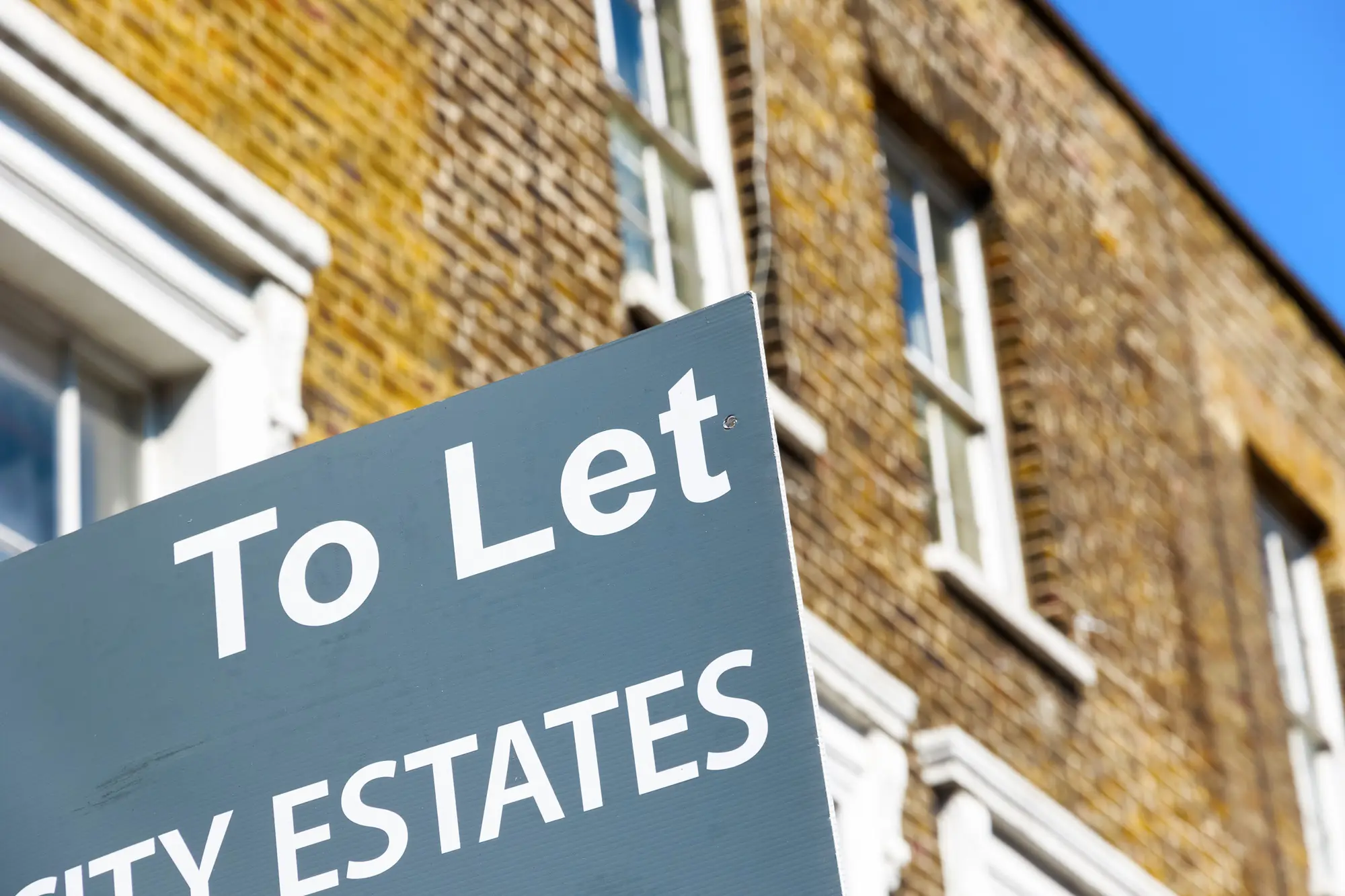
Déjà vu as the Renters’ Reform Bill comes round again in King's Speech

The new government has affirmed its commitment to the Renters’ (Reform) Bill in today’s King’s Speech. Ros Monk in our property dispute resolution team looks at the implications for landlords and tenants.
The Renters’ (Reform) Bill was first introduced to the House of Commons in May 2023, following previous consultations. The old bill was welcomed by tenant groups but landlord groups were more wary, particularly given the proposal to abolish the “no-fault” Section 21 notices to terminate Assured Shorthold Tenancies (AST).
Section 21 notices are a way of terminating an AST without the tenant being in breach of the terms of the AST and, as long as the landlord has complied with all of the requirements, offers the landlord a guaranteed route to possession of the property.
Without Section 21, landlords are left having to prove a ground for possession which may involve protracted and expensive court proceedings. In exchange for the removal of Section 21 notices the old bill proposed a change to the grounds of possession and a promise to improve the process for recovering possession.
The original plan was for the reforms to be fully operational by 2026. However, the passage of the old Bill ended when Parliament was prorogued on 24 May 2024.
Today in the King’s Speech the new government affirmed its commitment to the Renters’ (Reform) Bill. The headlines remain that the government still intends to abolish Section 21 notices and improve the protections for tenants. The explanatory notes to the King’s Speech provide a little more detail to flesh out the headlines and make clear that the driver is to protect tenants from unscrupulous landlords and to give tenants more security and stability.
In addition to the proposed abolition of Section 21, the proposal to change and expand the grounds of possession available to landlords also remain. The government also seeks to implement a quicker and more cost-effective dispute resolution system by the establishment of a new ombudsman service. The Bill also seeks to improve the condition of properties, applying a Decent Homes Standard and strengthening the enforcement powers of local councils. In addition, the Bill will make it illegal for landlords to discriminate against tenants in receipt of benefits or with children and will force landlords to agree to a tenant’s request to have a pet in the property unless it is reasonable to refuse the request.
As ever the devil will be in the detail and, in particular the timescale of implementation. Landlords will be keen to know when government plans to bring this into force and whether there will be changes to the current Bill in circulation.
But this news may prompt some landlords to fast track their plans for seeking possession of a property, hoping to rely upon Section 21 before things change. An exodus of landlords from the private rented sector is likely to increase rents, which will harm the renters the Bill is seeking to protect.
The Bill is clearly motivated by a desire to help tenants in a difficult housing market, but the question as to whether this Bill will improve the position of tenants or may in fact reduce the housing stock available to rent remains to be seen. We will keep you updated on the progress of the Renters’ Reform Bill.
For more information on this, or any other property matter, contact Ros Monk on 01772 258321.
